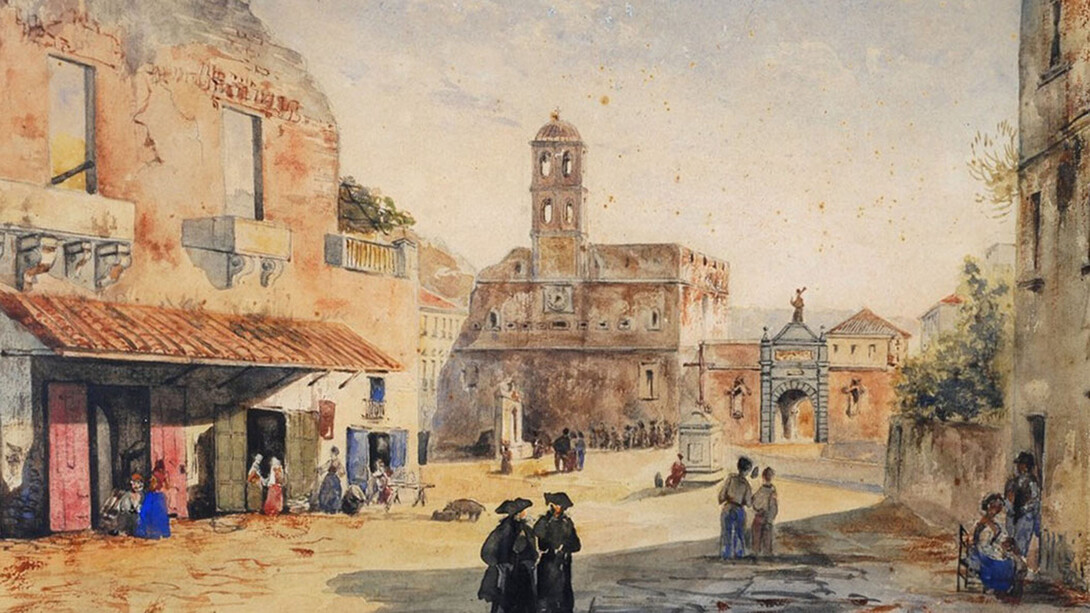Social media company executives frequently compare their platforms to a «town square», with notable examples including Elon Musk discussing Twitter/X, Steve Huffman of Reddit, and Mark Zuckerberg of Facebook. However, this analogy is deeply flawed. A genuine implementation of this concept would result in a social media platform that bears little resemblance to what we currently have.
Creating a new Social Network: Here’s a GitHub Repository to start developing a concept and an implementation of an actual town square: Contribute here!
The Authentic Town Square
Years ago, during a visit to Italy, I experienced what a real «town square» or «Piazza» is. Italian town squares offered insights into what actual public spaces are like, showcasing several key characteristics starkly different from today’s social media.
Identity: No Room for Anonymity
In a town square, anonymity is not an option. Your presence is about showcasing skills, voicing opinions, demonstrating power, and building your personal brand. This environment favors individuals who manage their reputation effectively, often penalizing impulsive behavior. It’s a space where trust and influence are earned over time through consistent, positive actions.
Presence: The Ephemeral Nature
The life of the town square is transient. You only experience what’s happening at the moment, with no digital footprint left behind. The only remnants of past activities are the stories shared by those present, making each retelling subjective and reliant on the narrator’s memory and intentions.
Loudness: A Human Algorithm
There’s no amplification system other than natural human interaction. The most audible voices are those physically loudest or belonging to large groups. This human-centric approach to communication is unmediated by algorithms.
Social Connections: A Veil of Privacy
Unlike social media, a person’s network in a town square is not publicly visible. Connections are revealed only through personal disclosure, maintaining a level of privacy about one’s associations.
Business Model: Community Funded, Not Ad-Driven
Town squares operate without the need for advertisement revenue. Their maintenance is community-funded, typically through taxes, emphasizing the public good over profit. There’s no incentive to maximize engagement; instead, the focus is on the square’s utility to the community.
Governance: User-Managed Content
On the town square, anyone can share messages. These can be removed just as anonymously, emphasizing the transient nature of communication in such spaces.
Today’s Social Media: A Far Cry from the Town Square
Given these characteristics, it’s clear that modern social media platforms diverge significantly from the town square analogy. Issues like anonymity foster toxic behavior, historical posts threaten careers and personal safety, and the business models of these platforms prioritize engagement and profit over community wellbeing.
Envisioning a True Online Town Square
Adopting a true town square model online would involve profound changes:
Identity
Mandatory user verification could mitigate anonymity-related issues. This could be enabled by third-party services, although it would introduce financial considerations for platform access.
Presence
A true digital town square would feature ephemeral content that exists only in the moment, posing unique design challenges around the visibility and lifespan of posts.
Loudness
User interactions could determine the prominence of posts, with contemporaneously present users guiding what’s seen through a reputation or upvote system.
Social Connections
The complexities of safely managing and protecting the visibility of social connections would require sophisticated solutions, likely leveraging advanced cryptographic methods.
Business Model
Sustaining such a platform financially would require innovative models, possibly involving user subscriptions or backing from global organizations like the United Nations.
Transforming social media into a platform that truly mirrors the ethos of a town square would necessitate not just technical creativity but also a radical rethinking of social media’s role and impact on society.

